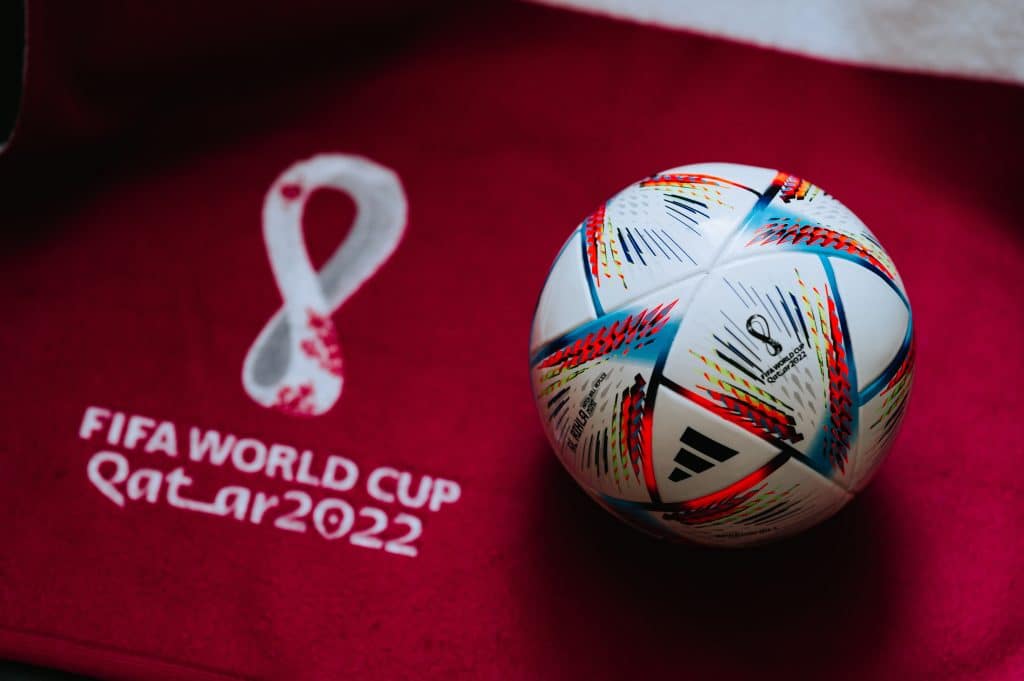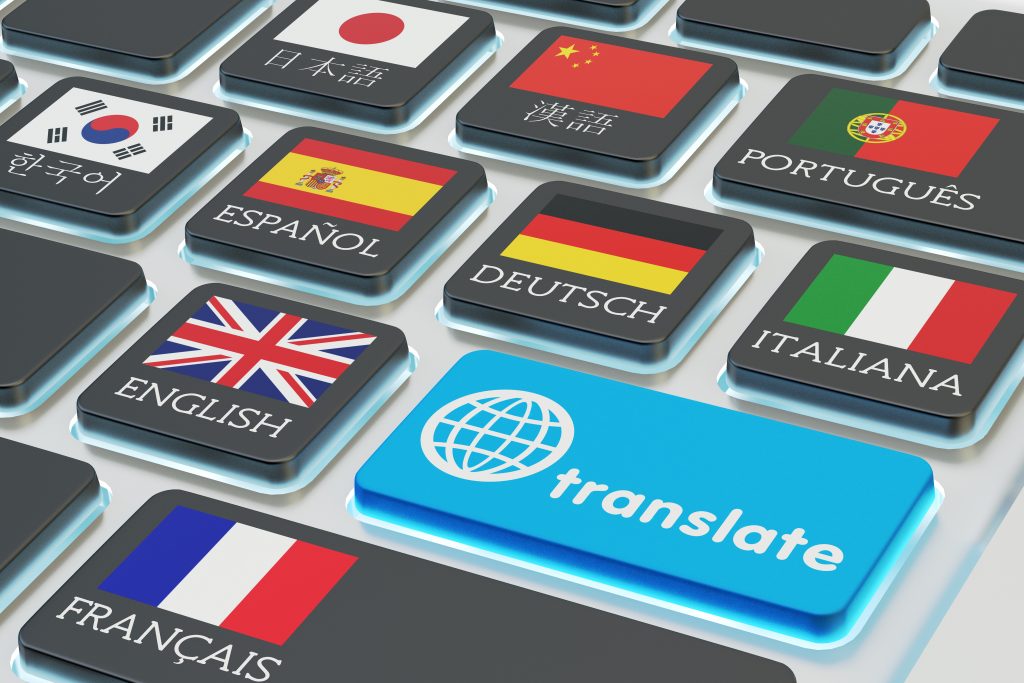The long-awaited 2022 World Cup in Qatar has just begun with 32 national teams taking part, in the hope of taking the much-coveted Cup home.
Of the 23 total official languages represented at the World Cup, 7 of them are spoken in multiple countries. English is the most common language, being listed as an official language of 9 countries competing. The next most common language is French, followed by Spanish, Arabic, German, Dutch and Portuguese.
With so many different languages represented, the event is expected to have coverage for everyone to be able to follow the games, speeches and commentaries. However, the BBC has recently come under fire for not providing an interpreter for the opening speech, which marks the beginning of the 4 week-long tournament.
In a world where communication is key, one would expect the BBC, the UK national broadcaster of one of the most-viewed competitions in the world, to be able to source an interpreter for those who do not speak or understand Arabic, the main language of Qatar. As the fifth most spoken language, it would not be too difficult to source a qualified interpreter to assist in understanding His Highness Sheikh Tamim bin Hamad Al Thani in kicking off the World Cup.
Thanks to his words being translated on a video screen inside the stadium, below is an extract of what was said:
“How beautiful it is for people to put aside what divides them in order to celebrate their diversity and what brings them together at the same time. Finally, we have reached the opening day, the day you have been eagerly waiting for. We will follow, and with us the whole world, God willing, the great football festival, in this spacious ambience for human and civilized communication. People of different races, nationalities, faiths and orientations will gather here in Qatar, and around screens on all continents to share the same exciting moments.
The opening ceremony was meant to introduce Qatar to the world through its culture with a theme of “bridging distances.” It is a shame that the BBC did not plan ahead, especially for one of the most controversial World Cups in history, to include those fans viewing at home, by providing an interpreter to bridge just one of these distances.


